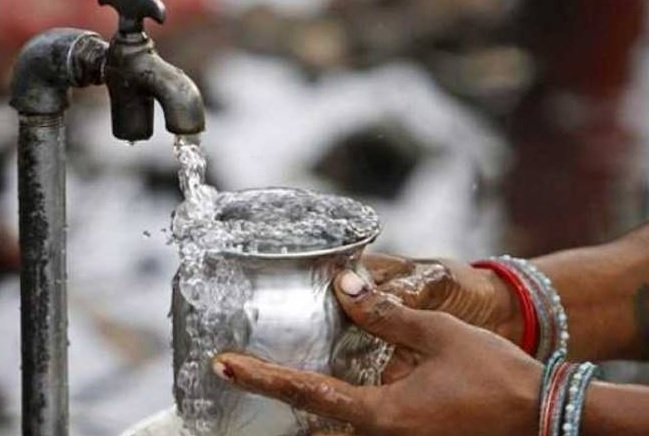The Jal Jeevan Mission (JJM) has emerged as a beacon of hope for rural communities across India, and its impact in Jammu and Kashmir is particularly noteworthy. Recent statistics presented by the Ministry of Jal Shakti reveal a commendable increase in tap water connections, significantly improving the lives of countless residents. From a mere 30.75 percent in 2019 to a staggering 77 percent today, access to clean water has transformed the lives of millions in Jammu and Kashmir. This translates to an astounding 8.60 lakh households gaining access to this vital resource within just four years. The mission’s success is further amplified by the impressive achievements in districts like Reasi, Samba, and Rajouri, where significant rural households now enjoy tap water connections. However, even as we celebrate these accomplishments, it’s crucial to acknowledge the remaining challenges. Districts like Jammu with a lower coverage rate require focused attention to ensure equitable access for all. Moreover, sustaining water sources, ensuring fair distribution, and addressing water quality issues are ongoing concerns that demand continuous efforts.
The JJM’s success stems from its multi-pronged approach. The success of the Jal Jeevan Mission can be attributed to a combination of strategic planning, efficient implementation, and relentless commitment from both the Government and local communities. While infrastructure development is crucial, the mission’s emphasis on sustainability and community involvement has proven equally vital. Local participation fosters ownership and ensures responsible water management practices. Looking ahead, achieving universal access to safe water remains a top priority. This necessitates continued investment, innovative solutions, and collaborative efforts between the Government, communities, and civil society organizations. The sustainability of water sources, equitable distribution, and addressing water quality issues are critical aspects that demand immediate attention. The JJM’s journey in Jammu and Kashmir serves as a powerful example of positive change.
Trending Now
E-Paper


